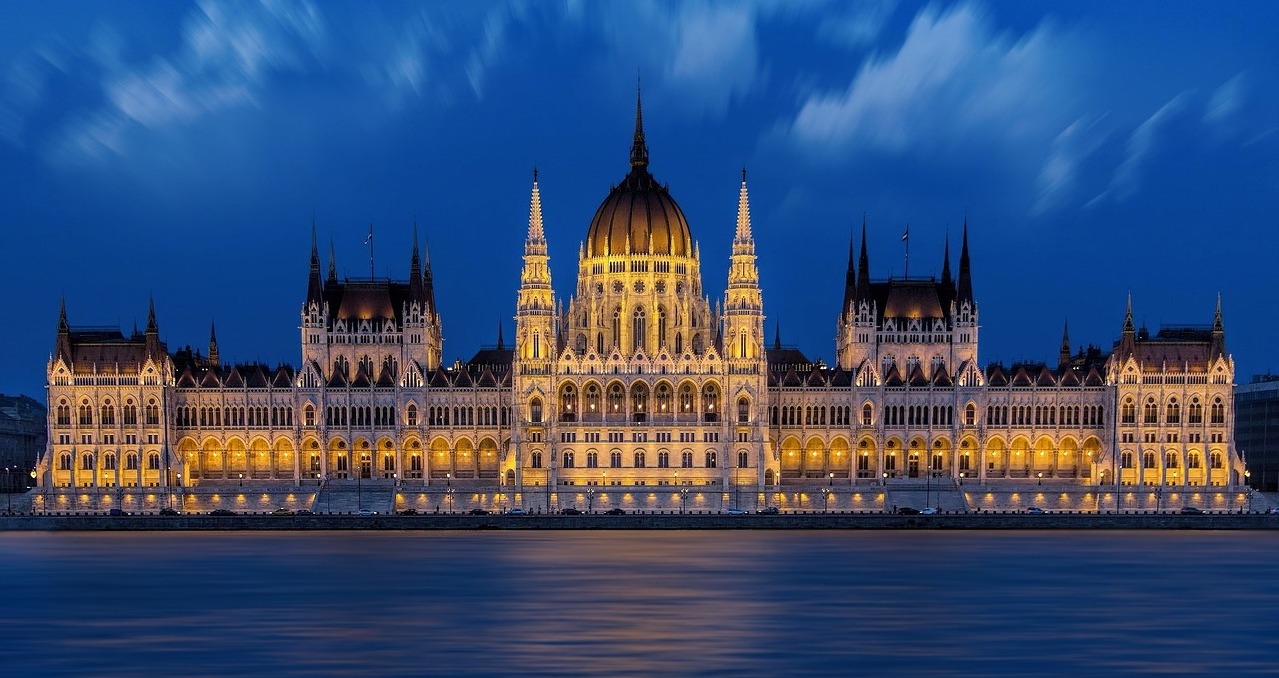
Hungarian Prime Minister Viktor Órban on May 24 declared a state of emergency, citing threats originating from the war in Ukraine. The declaration, allowing him to rule by decree, came days after his Fidesz party used its supermajority in parliament to pass a constitutional amendment allowing the government to impose a state of emergency in the event of a war in a neighboring country. Órban declared a similar emergency in response to the COVID-19 pandemic in 2020, and those assumed special powers, having been extended by the National Assembly multiple times, were set to expire just days before the new declaration.
“We see the war and the sanctions from Brussels have led to a huge economic upheaval and drastic inflation,” Orbán said in a video address announcing the move. “Hungary must stay out of this war, and it must protect families’ financial security.”
The Hungarian Civil Liberties Union (HCLU) noted that Órban pushed the measure through the National Assembly in just one day, and accused his administration of “using the war in Ukraine to further its authoritarian ambitions.”
Emese Pasztor, director of HCLU’s Political Freedoms Project, told the Associated Press she believes a precedent is being set: “By always allowing the possibility of introducing a special legal order in the future, it will lose its special character. It will become the new normal, which will threaten the fundamental rights of all of us, and rule by decree will further diminish the importance of parliament.”
The declaration came days after Tucker Carlson and friends from the American far right attended the Conservative Political Action Conference in Budapest. It also comes as Hungarian officials are blocking a European Union plan for an embargo of Russian oil, and calling for removal of the question from the agenda of an imminent EU summit. (Jurist, New Statesman, NYT, AP, Politico, EU Observer)
Photo: Pixabay




